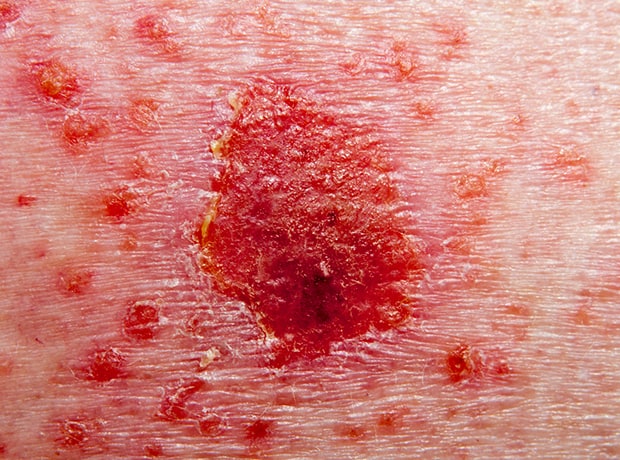Public Health England (PHE) has confirmed as many as 32 cases of measles across Greater Manchester.
Officials say they are working to ensure people are aware of the signs and symptoms of the illness and encouraging anyone who has not been fully vaccinated to take up the offer of the MMR vaccination.
At the end of January there had only been five confirmed cases, meaning a sharp rise occurred across February and into March. The epidemic continues on from last year, as in 2018 there were 144 cases in Greater Manchester, up from 127 in 2017.
The outbreaks have been devastating, as The UK was declared free of the disease for the first time by the World Health Organisation (WHO) in 2017, but the number of measles cases in Europe has reportedly tripled between 2017 and 2018 to 82,596.
Dr Kristina Poole, consultant in Health Protection at PHE North West, told the media: “Over the last three months we have seen a large increase in confirmed cases of measles across Greater Manchester. This is of concern as measles is a very infectious virus and the majority of the cases are in unvaccinated children.
“Measles can spread rapidly among communities if people have not been fully immunised. While most people who catch measles will recover completely within a couple of weeks, it’s important to remember measles can be a very serious illness that can leave permanent disability, and occasionally even kill.
“MMR not only protects them, but also limits the chances of the virus spreading more widely, for example to children who are too young to have the vaccine and to adults who may be more vulnerable to the disease. MMR is a highly effective and safe vaccine.”
Measles is a highly infectious viral disease which can lead to serious complications such as pneumonia and encephalitis. Anyone uncertain about whether they or their children has had two doses of the vaccine can check with their GP.








